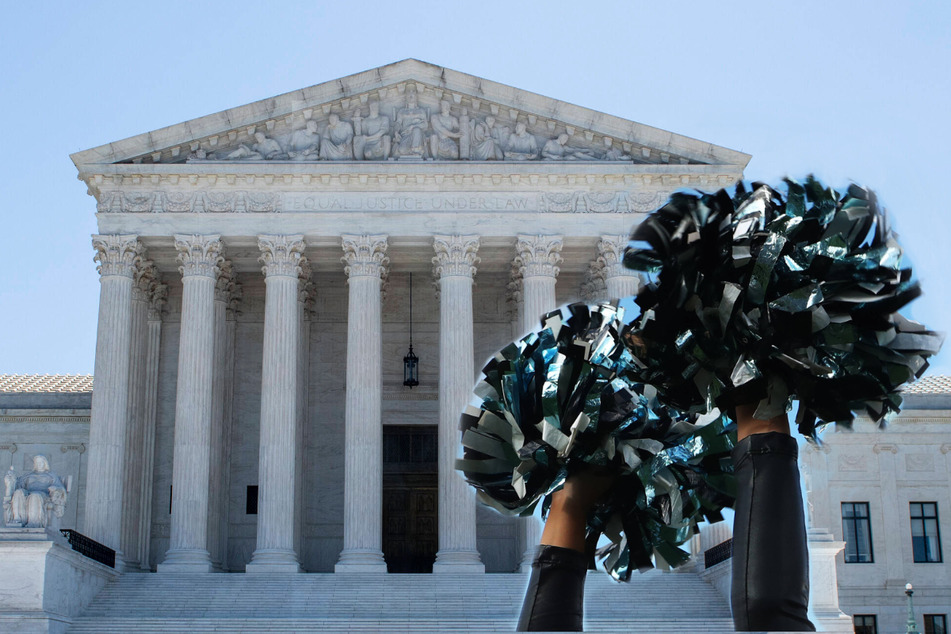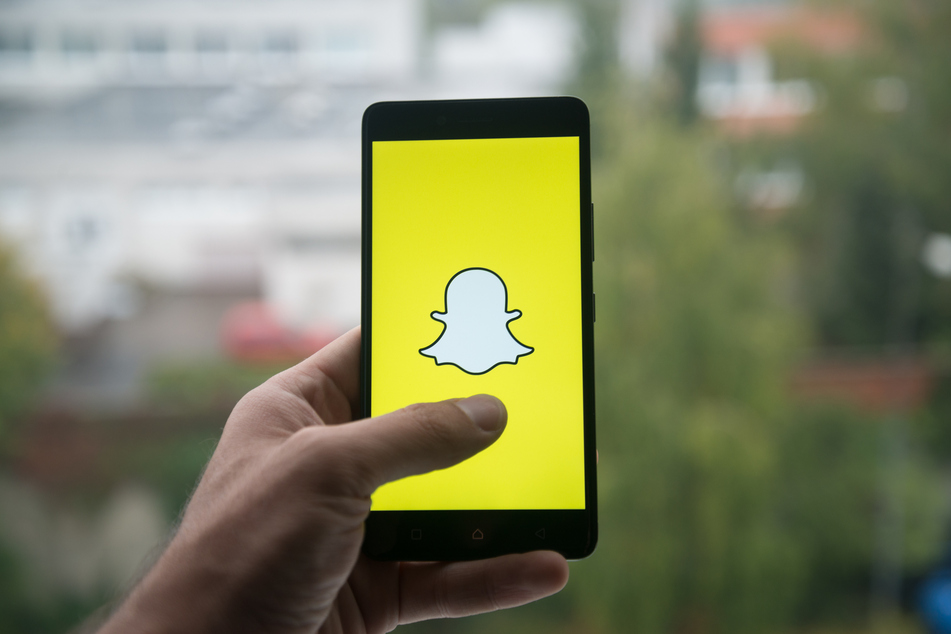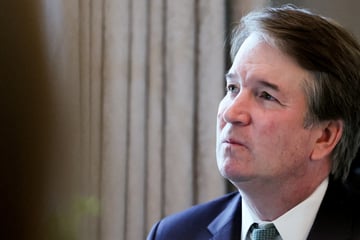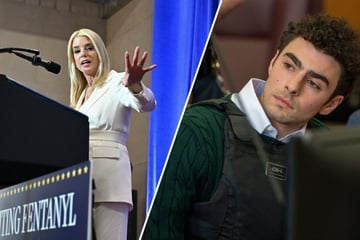Snapchat Cheerleader wins: Supreme Court rules in favor of student's right to free speech
Washington DC – Gimme an "F", gimme an "R", gimme a double "E", "Speech!" Justice has been served for the "Snapchat Cheerleader."

On Wednesday, the Supreme Court extended free speech protection to a student who was disciplined for a social media post critical of her high school.
The case began in 2017 when 14-year-old Brandi Levy, a high school sophomore in a small town in Pennsylvania, learned she had been passed over for the varsity cheerleading team.
On a Saturday afternoon, she took a photo of herself and a friend with their middle fingers raised and posted it on Snapchat. She included a caption repeating the F-word for "school ... softball ... cheer ... everything."
The post could be seen by 250 of her friends, including other cheerleaders. They in turn showed it to two cheerleading coaches at Mahanoy High School.
Levy's school decided she had violated team rules that required showing "respect" to others and avoiding "foul language," and they suspended her for the year from the junior varsity squad.
She and her parents appealed the decision to school officials and the school board. And when that failed, they sued in federal court, alleging a violation of her First Amendment right to the freedom of speech.
Supreme Court sides with students' off-campus freedoms that are "not disruptive"

Her case posed a question that has divided courts in recent decades over the use of free speech in the age of the internet.
Are students entirely free to say what they wish on social media outside of school –even if it includes vulgar, harassing, or racist comments – or can they still be disciplined by school officials?
During the Vietnam War, the Supreme Court ruled in 1969 that students retained their free speech rights when they went to school, so long as their protests did not cause "substantial disruptions" there.
But that ruling has provided little guidance for the modern age, and how to view a student’s posts on social media.
A federal judge ruled in favor of Levy, saying her Saturday afternoon posting did not disrupt her school. The US 3rd Circuit Court of Appeals in Philadelphia agreed and ruled the school’s authority did not extend to off-campus speech.
But the Supreme Court agreed to hear the school district’s appeal in Mahanoy School District vs Brandi Levy to try to clarify the line between the rights of a student and the authority of school officials.
They sided with Levy 8-1 in the decision on Wednesday.
Cover photo: Collage: IMAGO / ZUMA Wire & IMAGO / AAP

